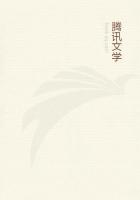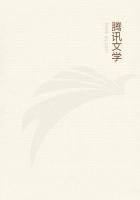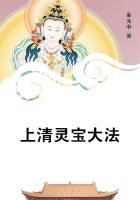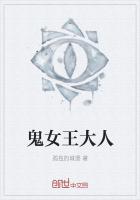Once he dared, one afternoon, when he found her in the darkened living room with a blinding headache.
"Nothing can do it any good," she had answered his inquiries. "And besides, I don't take headache powders. Doctor Hall won't permit me."
"I can cure it, I think, and without drugs," was Martin's answer.
"I am not sure, of course, but I'd like to try. It's simply massage. I learned the trick first from the Japanese. They are a race of masseurs, you know. Then I learned it all over again with variations from the Hawaiians. They call it LOMI-LOMI. It can accomplish most of the things drugs accomplish and a few things that drugs can't."
Scarcely had his hands touched her head when she sighed deeply.
"That is so good," she said.
She spoke once again, half an hour later, when she asked, "Aren't you tired?"
The question was perfunctory, and she knew what the answer would be. Then she lost herself in drowsy contemplation of the soothing balm of his strength: Life poured from the ends of his fingers, driving the pain before it, or so it seemed to her, until with the easement of pain, she fell asleep and he stole away.
She called him up by telephone that evening to thank him.
"I slept until dinner," she said. "You cured me completely, Mr.
Eden, and I don't know how to thank you."
He was warm, and bungling of speech, and very happy, as he replied to her, and there was dancing in his mind, throughout the telephone conversation, the memory of Browning and of sickly Elizabeth Barrett. What had been done could be done again, and he, Martin Eden, could do it and would do it for Ruth Morse. He went back to his room and to the volume of Spencer's "Sociology" lying open on the bed. But he could not read. Love tormented him and overrode his will, so that, despite all determination, he found himself at the little ink-stained table. The sonnet he composed that night was the first of a love-cycle of fifty sonnets which was completed within two months. He had the "Love-sonnets from the Portuguese" in mind as he wrote, and he wrote under the best conditions for great work, at a climacteric of living, in the throes of his own sweet love-madness.
The many hours he was not with Ruth he devoted to the "Love-cycle," to reading at home, or to the public reading-rooms, where he got more closely in touch with the magazines of the day and the nature of their policy and content. The hours he spent with Ruth were maddening alike in promise and in inconclusiveness. It was a week after he cured her headache that a moonlight sail on Lake Merritt was proposed by Norman and seconded by Arthur and Olney. Martin was the only one capable of handling a boat, and he was pressed into service. Ruth sat near him in the stern, while the three young fellows lounged amidships, deep in a wordy wrangle over "frat" affairs.
The moon had not yet risen, and Ruth, gazing into the starry vault of the sky and exchanging no speech with Martin, experienced a sudden feeling of loneliness. She glanced at him. A puff of wind was heeling the boat over till the deck was awash, and he, one hand on tiller and the other on main-sheet, was luffing slightly, at the same time peering ahead to make out the near-lying north shore. He was unaware of her gaze, and she watched him intently, speculating fancifully about the strange warp of soul that led him, a young man with signal powers, to fritter away his time on the writing of stories and poems foredoomed to mediocrity and failure.
Her eyes wandered along the strong throat, dimly seen in the starlight, and over the firm-poised head, and the old desire to lay her hands upon his neck came back to her. The strength she abhorred attracted her. Her feeling of loneliness became more pronounced, and she felt tired. Her position on the heeling boat irked her, and she remembered the headache he had cured and the soothing rest that resided in him. He was sitting beside her, quite beside her, and the boat seemed to tilt her toward him. Then arose in her the impulse to lean against him, to rest herself against his strength - a vague, half-formed impulse, which, even as she considered it, mastered her and made her lean toward him. Or was it the heeling of the boat? She did not know. She never knew.

